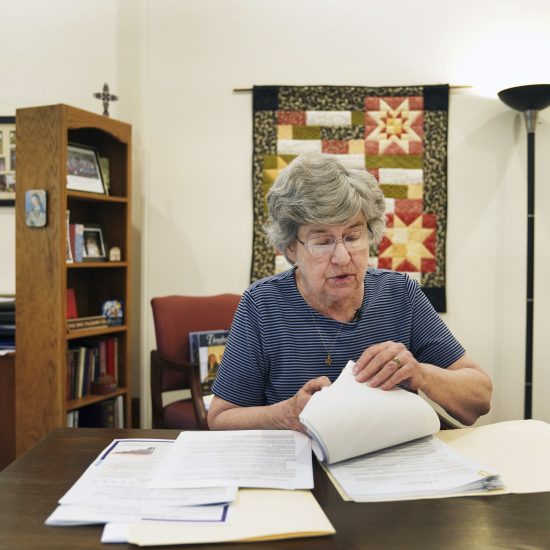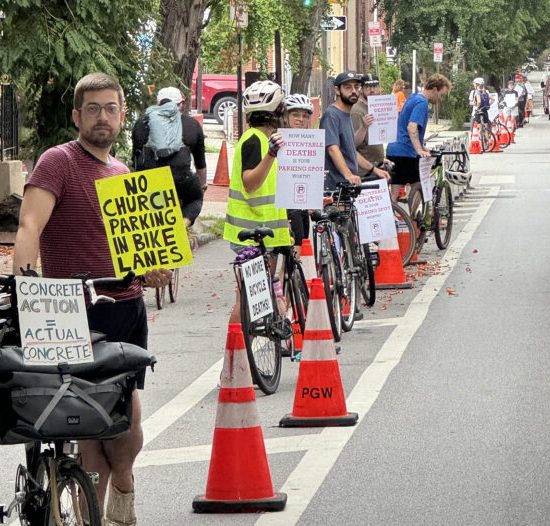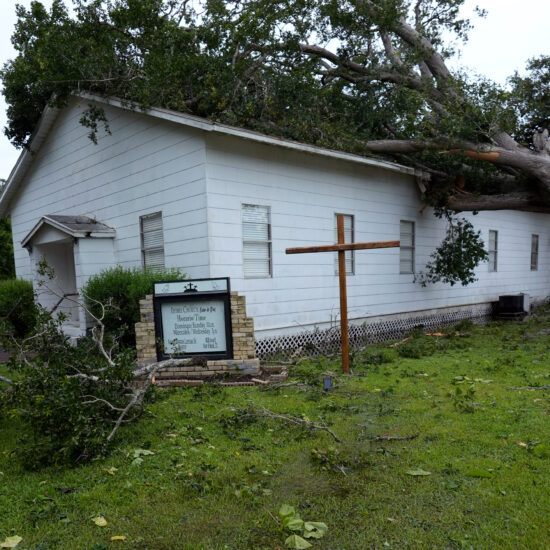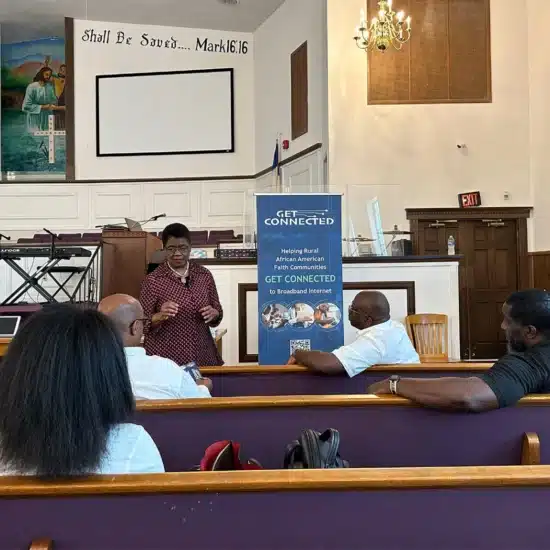Small churches currently unable to afford health insurance for staff may benefit from Obamacare
Bob Allen
(ABP) — A new program designed to make it easier to buy health insurance for small businesses has potential to become a major source of medical coverage for church staff and employees, says Cooperative Baptist Fellowship Church Benefits Board President Gary Skeen.
The Small Business Health Options Plan is part of the Affordable Care Act — also known as Obamacare — aimed at providing health care for 48 million uninsured Americans. The law requires most Americans to purchase health insurance or pay a fine, and businesses with more than 50 full-time employees to offer health care coverage to workers and their dependents under age 26.
More than half of the uninsured — 26 million people — are small-business owners, employees and their dependents. Because they lack the bargaining clout of larger companies, small businesses pay a higher rate for employee coverage, and as a result many cannot afford coverage.
Skeen, head of the CBF ministry created in 1998 to provide retirement benefits for ministers and staff members for CBF churches and personnel worldwide, said in a recent blog that many churches face the same predicament.
Currently small employers pay rates based on the costs for insuring members of an individual group. For churches, that means anyone with pre-existing medical conditions or older staff members could be denied coverage or pay higher costs.
At very small churches, with three or four staff members, most plans require 70 percent participation. That means if one staff member balks at the high premium or decides it makes more sense to be covered under a spouse’s plan, the church cannot participate.
Skeen said the SHOP Marketplace, which opened Oct. 1, removes those barriers.
Pre-existing health conditions are no longer a factor in determining costs and age factoring is adjusted to make small-group coverage more affordable. There is still a 70 percent participation requirement, but it will be waived each year during an open-enrollment period of Nov. 15-Dec. 15.
The program does require employers to offer coverage to all employees who work more than 30 hours a week.
“This may impact some churches who have only offered coverage to ministerial staff in the past,” Skeen said. “Remember the goal of the legislation is to allow more people access to medical coverage.”
“With most of the barriers removed for small group plans, the marketplace now provides a way for your church to continue providing medical insurance coverage to your staff,” Skeen said.
“Since my basic premise is that employers (churches) ought to be involved and concerned about the level and quality of medical coverage available to their staff, I am hopeful that the SHOP marketplace will become a viable solution for churches,” he said.
The Church Benefits Board is gathering information on a webpage called Health Insurance Market-place. Skeen led a presentation on the Affordable Care Act and its impact on churches at the CBF 2013 General Assembly in June.
Bob Allen is managing editor of Associated Baptist Press.






